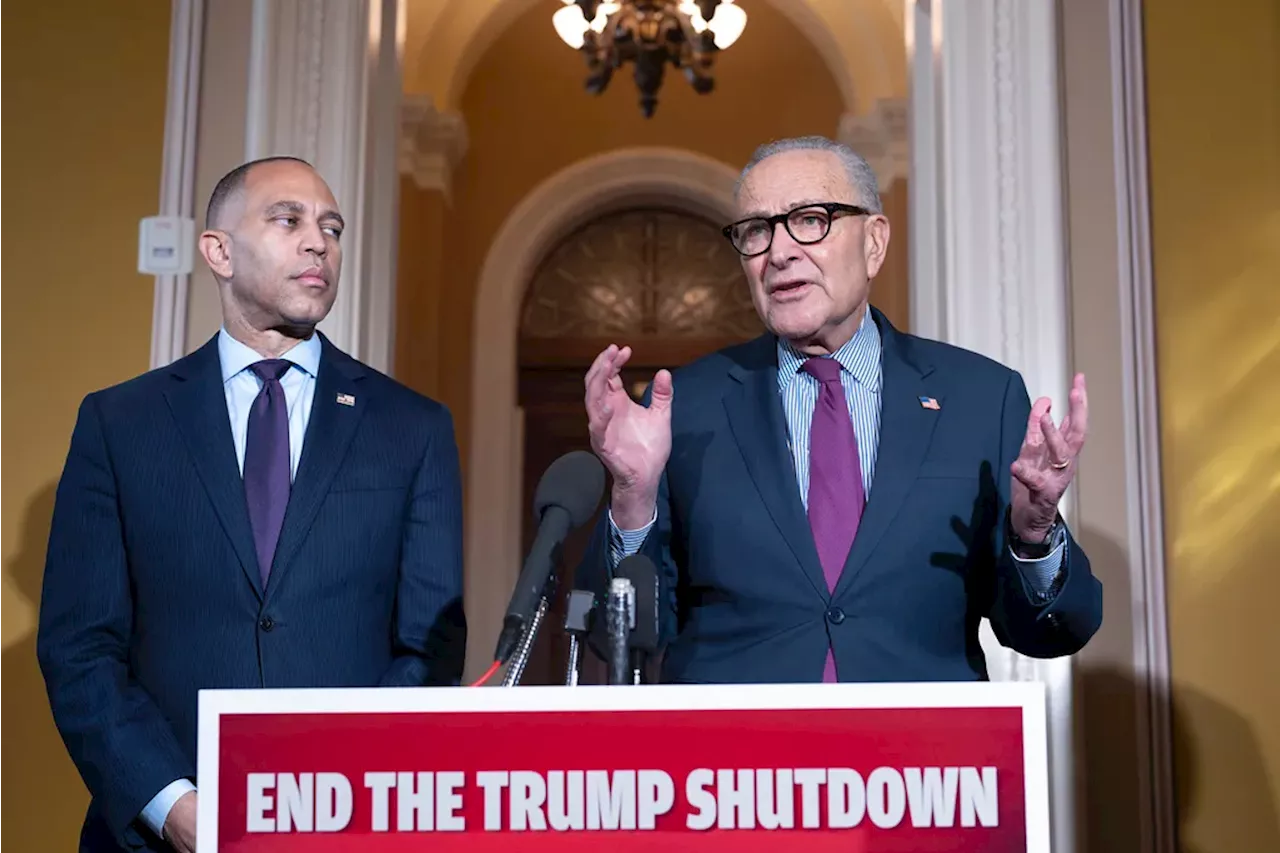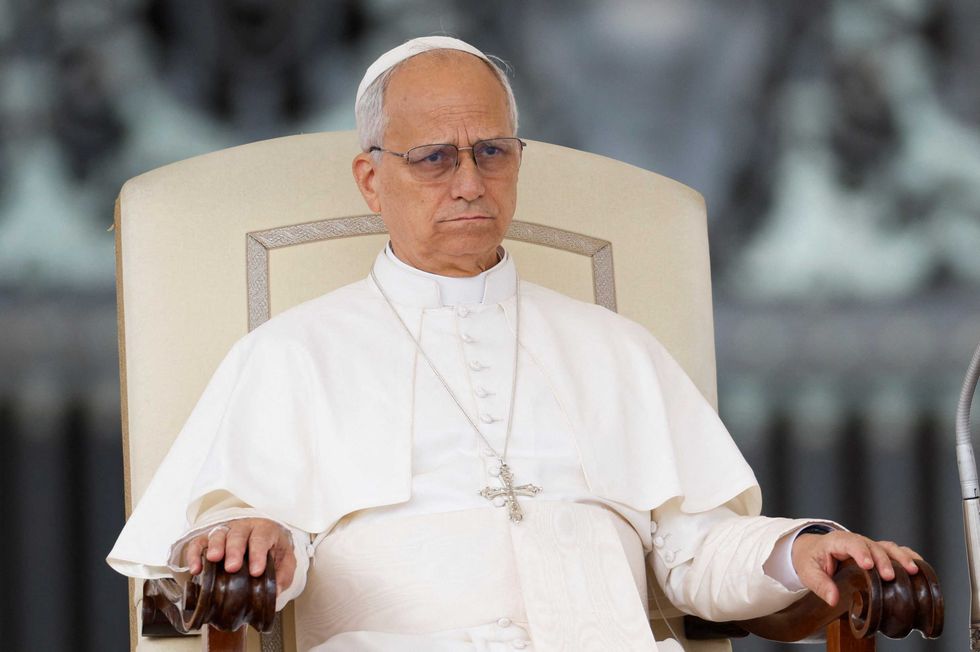The ongoing government shutdown has emerged as a significant political misstep for the Democratic Party. With the impasse now extending beyond five weeks, frustrations are mounting as essential services are disrupted, and federal employees are left without pay. CNBC host Joe Kernen expressed his discontent during a recent segment with Senator Peter Welch. When asked about the prospect of voting to reopen the government, Welch admitted, “You know, I’m not there yet. Because we have had literally, Joe, no discussion whatsoever about how we’re going to deal with the spikes in premiums.”
Kernen, visibly frustrated, challenged Welch’s stance, questioning the morality of withholding paychecks from TSA employees as a negotiation tactic. “Is this the right way to do it, senator? By people not getting paychecks at the TSA? This is extortion!” he remarked, emphasizing the gravity of the situation.
The shutdown was precipitated by Democrats’ demands to reverse Medicaid cuts and extend COVID-19 related Obamacare subsidies, which are set to expire soon. Critics argue that these demands are unreasonable and politically motivated. Vice President J.D. Vance made a pointed remark regarding the shutdown, stating, “You don’t put a gun to the American people’s head and say, unless you do exactly what Senate and House Democrats want you to do, we’re going to shut down your government.”
Despite the Democrats’ public outcry against former President Donald Trump‘s refusal to negotiate during past shutdowns, their current actions mirror those tactics. In a recent interview, House Democratic Whip Katherine Clark acknowledged the potential suffering of families due to the shutdown but considered it a rare opportunity for leverage in negotiations.
Democratic leaders, including Senators Bernie Sanders and Martin Heinrich, have reinforced this sentiment, suggesting that the party is aware they are in a precarious position. Historical patterns indicate that parties initiating government shutdowns often face public backlash. For instance, during the December 2018 shutdown, Trump demanded funding for a border wall. After 35 days, he ultimately caved, illustrating the risks of such strategies.
The current standoff has also drawn criticism from within the Democratic Party. The American Federation of Government Employees, representing federal workers, has called for an end to the shutdown. Despite this, party members appear entrenched in their positions.
As public patience wanes, recent polling indicates a shift in sentiment. According to CNN data analyst Harry Enten, the net approval rating for Republicans in Congress among independent voters has surged by eight points since the shutdown began. This shift suggests that the Democrats may be losing ground as the situation unfolds.
Senate Minority Leader Chuck Schumer faced backlash earlier in the year for voting to keep the government open, which many constituents deemed a capitulation. Now, with the government shutdown dragging on, he has opted for a more combative approach, though it has not yielded significant political benefits.
The implications of the shutdown extend beyond political maneuvering. Essential services have been disrupted, and federal employees are experiencing financial distress. As the standoff continues, the question remains: how much longer will the American public endure the consequences of a political struggle that many believe could have been avoided?
In the coming days, it is crucial for lawmakers to engage in constructive dialogue to resolve the impasse. The stakes are high, and the American people deserve a government that functions effectively and responsively.







